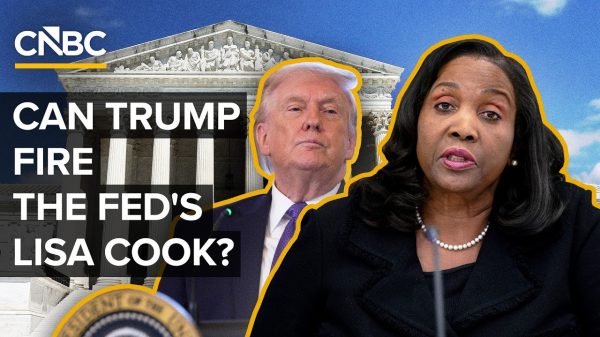A Danish economist blamed Beyoncé for Sweden’s high inflation.
While that is an attention-grabbing claim, the reality is that Sweden has been suffering from very high inflation for months.
What’s more, the inflation for which the economist blames Beyoncé was down from the month before Bey graced Stockholm where her potentially $2.4 billion grossing ‘Renaissance” World Tour kicked off last month.
Read on for why the economist blamed Beyoncé, why her economic impact on Sweden is likely greater than that of Bruce Springsteen and Taylor Swift, and the real reason Sweden is suffering from such high inflation.
Why Danske Bank Blamed Beyoncé For Sweden’s High Inflation
Danske Bank’s chief economist, Michael Grahn, blamed Beyoncé for Sweden’s 9.7% inflation rate in May. According to the Wall Street Journal, Grahn attributed about 0.2 percentage points of that rate to the “Beyoncé blip.”
To be fair, Swedish inflation was 10.2% in April.
So why is Grahn saying Bey contributed to high inflation? Economists surveyed by FactSet expected inflation to reach 9.2% in May. So the “Beyoncé blip” — caused by increases in hotel and restaurant prices from fans flocking to Stockholm for her May 10 and May 11 concerts — contributed to some of the higher-than-expected inflation.
Nevertheless, if Grahn is right about the “Beyoncé blip,” he left 0.3 percentage points of the excess May inflation unexplained.
Grahn expects the “Beyoncé blip” to be temporary. Nevertheless, on Twitter he attributed most of Sweden’s 0.3 percentage point increase in May restaurant and hotel prices to the superstar artist.
Grahn considers Beyoncé’s inflationary impact abnormal. As he told CNN, “[That’s] definitely not normal. Stars come here all the time, [but] we seldom see effects like this.”
He attributed the strong dollar — which is up about 30% from 2021 lows vs. the “very weak” Swedish krona — for boosting the spending power of American BeyHive members who traveled to Sweden for her two sold-out concerts at the 46,000 seat Friend Arena in Stockholm.
In my view, Grahn should have looked at the economic beneficiaries of Beyoncé’s Stockholm tour. After all, many of the people paying the higher hotel and restaurant prices were probably Americans and Beyoncé fans visiting from outside Sweden. I’d guess far fewer Swedish Beyoncé fans paid those higher hotel and restaurant prices.
Why Beyonce’s Economic Impact There Will Likely Be Greater Than Bruce Springsteen’s
Do Swedes need to worry about a “Bruce Blip” when Bruce Springsteen comes to Gothenburg for three shows later this month? Grahn does not think that’s likely. As he told CNN, “What we saw with Beyoncé was a little bit special.”
Although Taylor Swift is not planning to perform in Stockholm this year, she has had a significant economic impact in cities where she performed. The Wall Street Journal reported she “helped Las Vegas nearly match pre-pandemic visitor levels when she performed there in March.”
The Real Reason Sweden’s Inflation Is So High
Since Beyoncé’s inflation impact in Sweden is so trivial, what is driving the country’s high inflation? According to CNBC, Swedish inflation hit 9.4% in February, dropped to 9% in March, rose to 10.5% in April, and declined slightly to 9.7% in May.
A large driver of inflation has been expenses for homeowners. Since 2020, housing expenses, which include costs involving the house and its plots such as electricity and water, tax and interest costs, rose 77% “to 206,039 Swedish krona ($20,000) per year [this April], compared to 116,483 per year as calculated in the first half of 2020,” CNBC reported.
Meanwhile the Swedish central bank — which has a 2% inflation target — has raised its discount rate from 0% to 3.5% (far short of the U.S. discount rate range of 5% to 5.25%).
Ola Olsson, professor of economics and vice dean at the School of Business, Economics and Law at the University of Gothenburg, said inflation — excluding energy — is likely to remain high throughout 2023 and he expects it will not drop below 2% until the first quarter of 2024, noted CNBC.
Meanwhile, Sweden is expected to slip into a four quarter recession in 2023, CNBC reported.
I hope many Swedes enjoyed Beyoncé’s performances last month to keep them in a better mood as the country tackles its economic challenges.
Read the full article here











